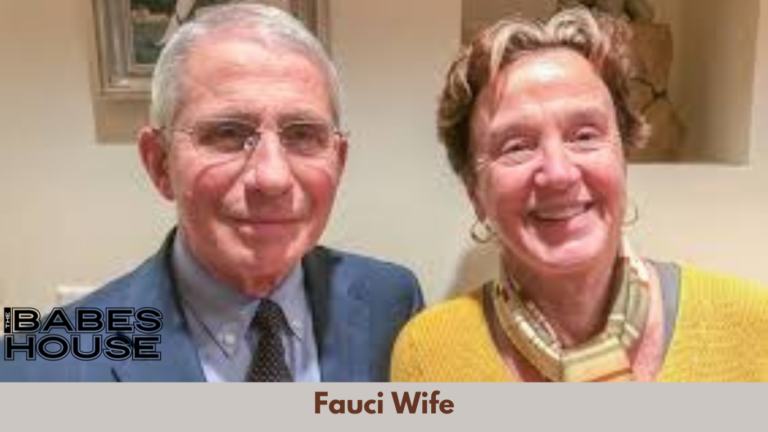Former White House Medical Advisor Dr. Anthony Fauci and his wife, Dr. Christine Grady, experienced a significant increase in their net worth during the COVID-19 pandemic. Their combined net worth grew from $7.6 million to over $11 million by the time Dr. Fauci left his government post in December. This financial growth has sparked discussions and analyses regarding their earnings, investments, and the broader implications of their roles during the pandemic.
Sharp Increase in Net Worth During the Pandemic
According to Adam Andrezejewski, CEO of Open the Books, the Fauci family’s net worth saw a dramatic increase during the pandemic years. By the end of 2021, their net worth had reached approximately $12.6 million, up from $7.6 million. This $5 million increase was notable given the economic uncertainties of the pandemic. However, by the end of 2022, due to weaknesses in the stock market, their net worth slightly decreased to $11.5 million.
Federal Disclosures and Earnings Breakdown
Federal ethics and financial disclosures reveal that Dr. Fauci and Dr. Grady’s net worth rose significantly from 2019 to 2021. These disclosures, obtained through the Federal Freedom of Information Act by Open the Books auditors, provide insight into their earnings. In 2019, Dr. Fauci’s salary was $419,000, which increased to $480,000 during the pandemic.
Household Income Analysis
Andrezejewski noted that the combined income of Dr. Fauci and Dr. Grady, including their federal benefits, amounted to approximately $1 million annually. This figure underscores the substantial financial benefits associated with their positions at the National Institutes of Health (NIH). Dr. Fauci, as the face of the U.S. healthcare response to COVID-19, and Dr. Grady, as the chief biosynthesis expert, played pivotal roles in shaping healthcare policies and ethical studies during the pandemic.
The Fauci Family’s Financial Landscape
The significant rise in the Fauci family’s net worth can be attributed to various factors, including salary increases, investments, and federal benefits. The couple’s financial disclosures highlight their investments in mutual funds, retirement accounts, and other assets. Despite the market downturn in 2022, their diversified portfolio helped maintain a strong financial position.
Public Scrutiny and Ethical Considerations
The sharp increase in the Fauci family’s net worth during the pandemic has raised questions and scrutiny. Critics argue that their financial gains, while legally earned, present a conflict of interest given their influential roles in U.S. healthcare policy. Andrezejewski emphasized the importance of transparency and accountability in understanding the intersection of public health policy and personal financial gain.
Impact on U.S. Healthcare Policy
Dr. Fauci’s role in crafting U.S. healthcare policy during the pandemic was significant. He was instrumental in shaping the response to COVID-19, including the implementation of mandatory masking, economic lockdowns, and other public health measures. Dr. Grady’s work in ethical studies supported these policies, ensuring they were grounded in scientific research and ethical considerations.
Financial Disclosures and Public Perception
The public disclosure of Dr. Fauci and Dr. Grady’s finances has contributed to ongoing debates about the ethics of public service and financial gain. While their earnings and investments were legally obtained, the timing and scale of their financial growth during a global crisis have fueled discussions about the integrity and accountability of public officials.
Broader Implications for Public Trust
The Fauci family’s financial situation highlights broader concerns about public trust in government officials. Transparency and accountability are crucial in maintaining public confidence, especially during times of crisis. The significant financial gains of public health leaders can undermine trust if perceived as benefiting from their influential positions.
Conclusion: Balancing Public Service and Personal Gain
The financial growth of Dr. Anthony Fauci and Dr. Christine Grady during the COVID-19 pandemic underscores the complexities of balancing public service and personal gain. Their roles in shaping U.S. healthcare policy were critical, but their financial gains have sparked important discussions about transparency, accountability, and public trust. As the world continues to navigate the aftermath of the pandemic, these conversations will remain vital in ensuring the integrity and credibility of public health leaders.

